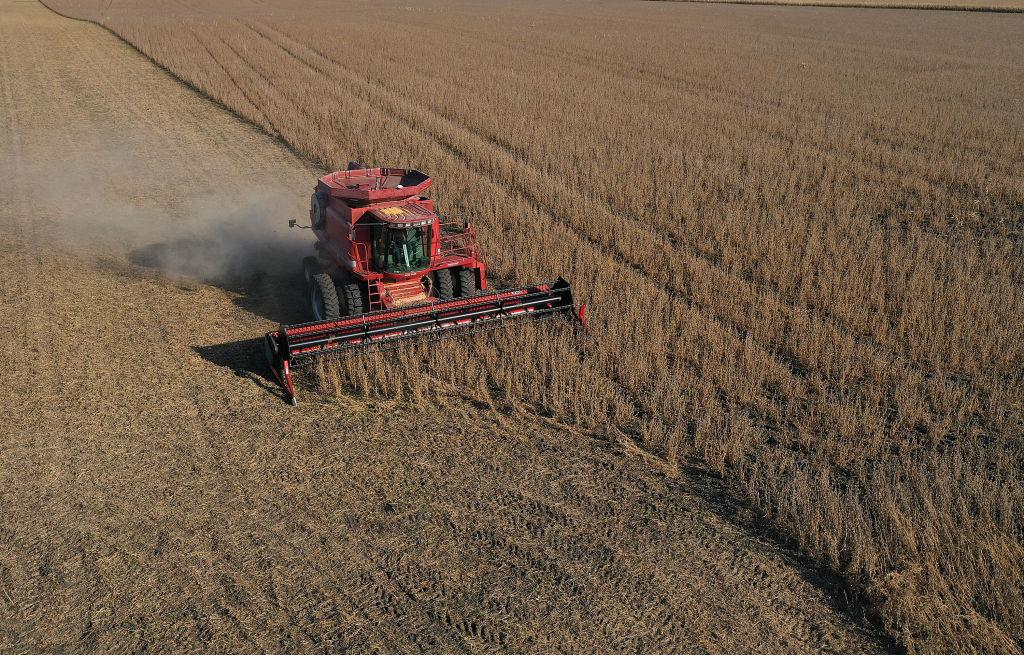Sid Miller won his third term as Texas agricultural commissioner in November 2022. One of his campaign priorities was to prevent communist China from buying agricultural land and gaining access to the state’s infrastructure.
“This is the stupidest thing we can do as a nation,” Miller told The Epoch Times, referring to the sale of land to China. “Not only do we need to stop it here in Texas—I’m working with the state Legislature—but we need federal oversight of this that needs to stop in every state.”



